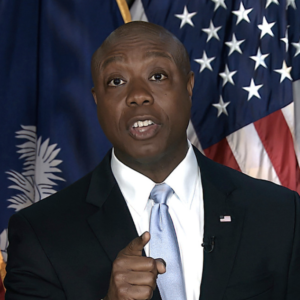Sen. Tim Scott of South Carolina, a Republican presidential contender, is leaning into criticism of the Consumer Financial Protection Bureau for leaking data from more than 250,000 consumers earlier this year. News of the unauthorized data leak comes as CFPB Director Rohit Chopra is pursuing a new rule requiring lenders to collect far more information from small business […]

